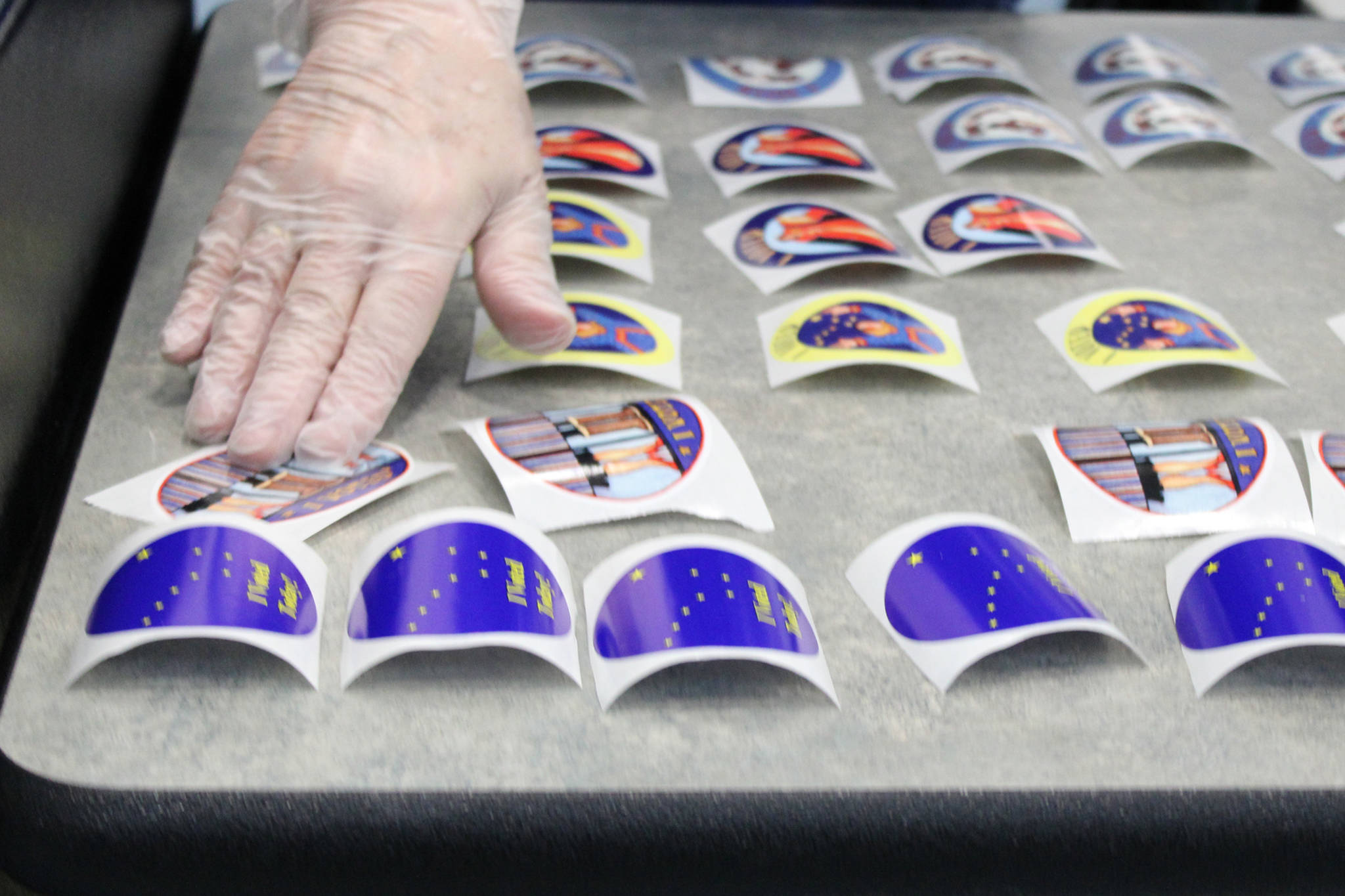By Rich Moniak
On Monday, oral arguments were heard on an election lawsuit ripe with irony. It seeks to invalidate Alaska’s new voting law for statewide offices that narrowly passed last November. Proposition 2 created a nonpartisan primary that advances the top four vote-getters to a ranked-choice competition in the general election.
The plaintiffs are Kenneth Jacobus, a registered Republican and the attorney who filed the lawsuit; Scott Kohlhaas, a member of the Alaska Libertarian Party; The Alaskan Independence Party; and Bob Bird, AIP’s chairman.
The complaint Jacobus submitted describes how the non-partisan primary stripped all three parties of their ability to control the selection of candidates in Alaska’s elections. In doing so, he argues, Proposition 2 violates their “rights to free political association” and “creates a system in which political parties are rendered irrelevant.”
Now I’m not a fan of our two-party duopoly, but the Alaskan Independence Party and Alaska Libertarian Party are already irrelevant. Combined, they account for only 4.3% of all registered voters in Alaska. In 2020, the two parties nominated a total of six candidates for 32 statewide offices. They all lost by huge margins. Their record for the prior decade is just as bad.
If their candidates can’t do any better in a nonpartisan primary, then Proposition 2 does nothing more than reschedule their embarrassing showing from November to August.
Kohlhaas has personal experience in the art of political irrelevance. He lost two state House races by more than 40 points. And in his 2014 bid to be our U.S. senator, he finished third with just 14% of the vote in his party’s primary. It’s worth noting that the winner of that got under 4% in the general election.
Before that, Kohlhaas filed lawsuits against the state for refusing to certify two ballot initiatives he proposed. Both were about giving Alaskans the choice to secede from the union. Jacobus, who represented him both times, took his appeals to the state Supreme Court where they were unanimously rejected.
Their record as a team suggests this is just another a crank lawsuit. Which is probably why the GOP opted out. But because it serves the GOP’s desire to limit who can appear on the general election ballot, its leadership is hoping Kohlhass and Jacobus prevail this time.
The irony here is thethe Alaskan Independence Party and Alaska Libertarian Party are to the political right of the GOP. So, if the court strikes down Proposition 2, general election candidates from both parties will continue syphon off a small percentage of conservative voters. Twice in the past 10 years, the loss of those votes resulted in a narrow defeat for Republican House candidates.
Because the top four vote-getters advance to the general election though, it’s unlikely they’ll be spoilers in the primary. Indeed, as the plaintiffs argue, all four are likely to be Democrats or Republicans.
But with the GOP becoming little more than a cultish allegiance to former President Donald Trump, it doesn’t want a principled Republican like Sen. Lisa Murkowski on the general election ballot.
Murkowski earned Trump’s wrath a year ago for agreeing with the blistering criticism of him by his former Secretary of Defense. And again after she voted to convict him during his second impeachment trial.
“Murkowski has got to go!” Trump said last month when he endorsed Kelly Tshibaka for the Senate.
Tshibaka thinks it’s “time to replace Lisa with an Alaskan who is not a Washington, D.C., insider politico.” And claims to “have a fire in my heart to rebuild Alaska.”
Those are amusing statements coming from a Harvard Law graduate who spent 17 years climbing the bureaucratic ladder in Washington, D.C., before returning to Alaska in 2019.
But rather than recruit a candidate with a real Alaskan resumé, the GOP bowed to Trump’s preference and grievances by endorsing her last week.
Tshibaka would probably beat Murkowski in a traditional primary because the voices of nonpartisan and nonaffiliated Alaskans are irrelevant. But they outnumber the combined registration of all three conservative parties 2-to-1. If the courts uphold Proposition 2, they’ll help Murkowski finish in the top four.
And if she wins election, the GOP leaders who bet on Trump and Tshibaka will be free to associate with their party while finding a place alongside Kohlhaas in ranks of the politically irrelevant.
• Rich Moniak is a Juneau resident and retired civil engineer with more than 25 years of experience working in the public sector. Columns, My Turns and Letters to the Editor represent the view of the author, not the view of the Juneau Empire. Have something to say? Here’s how to submit a My Turn or letter.

